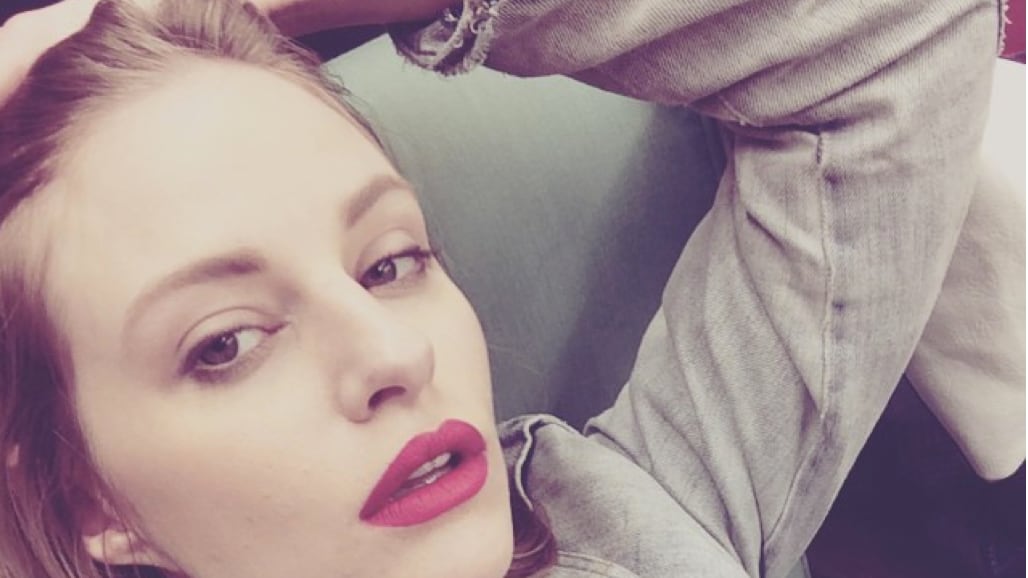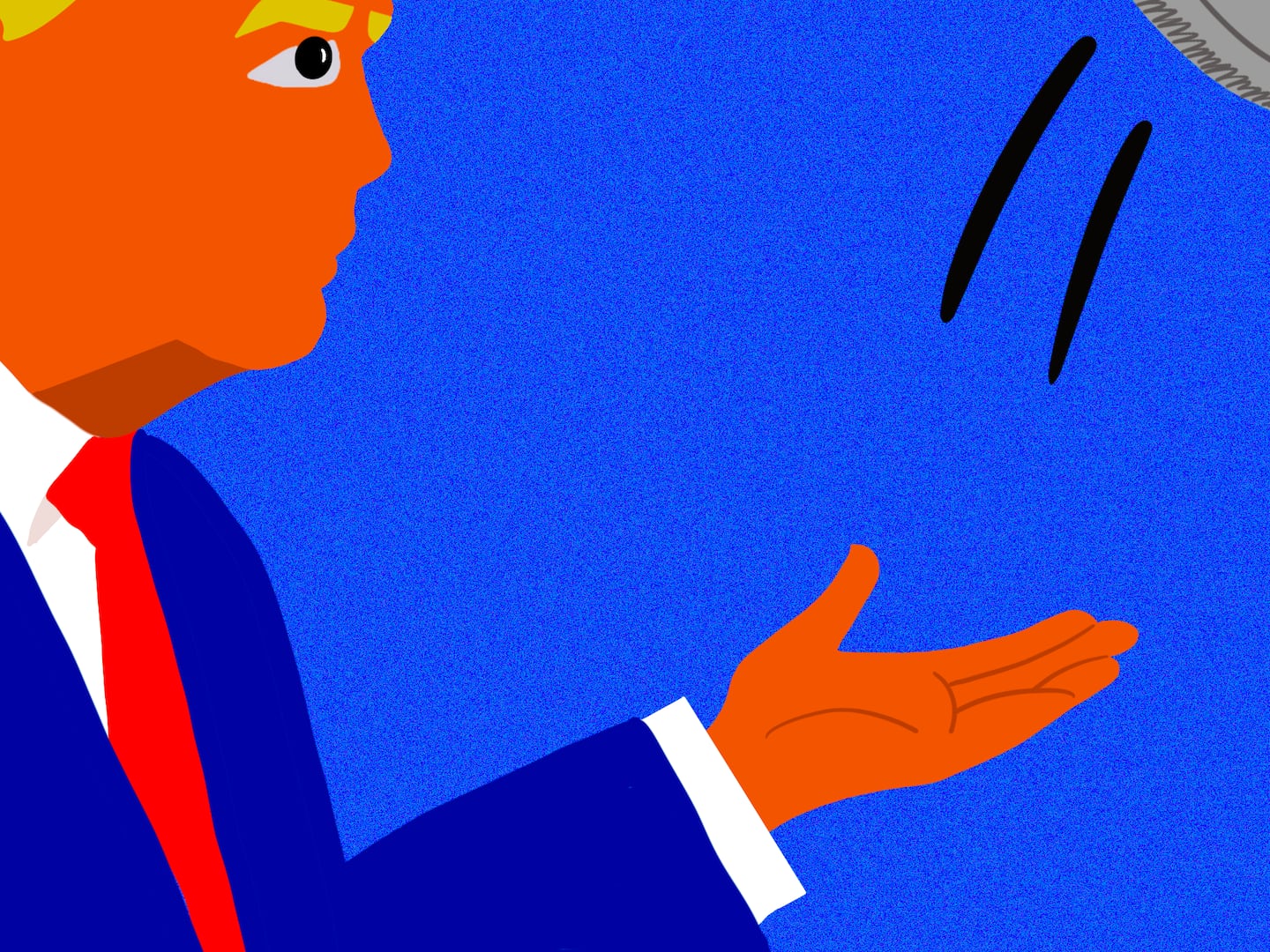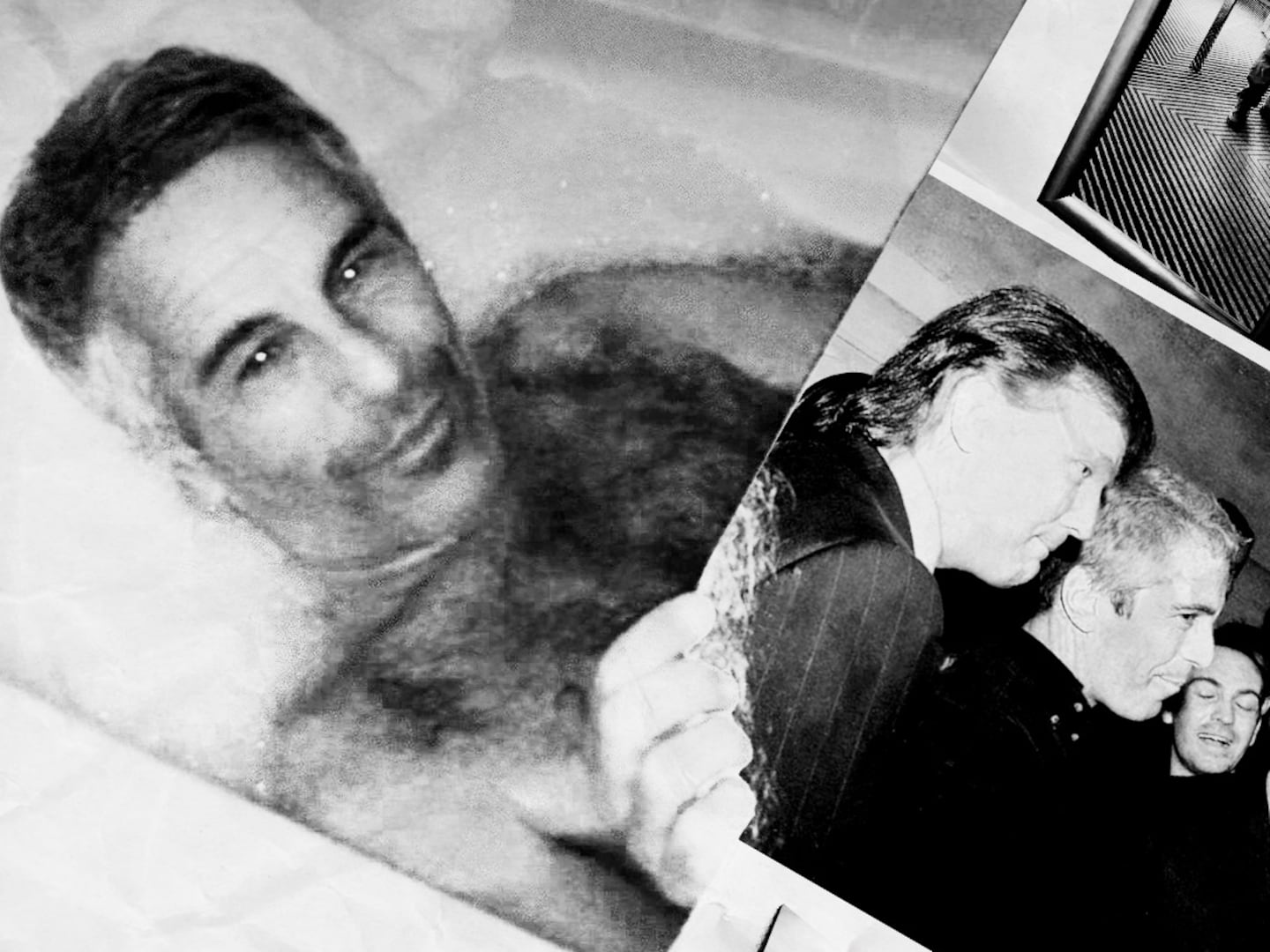I’m a model, so was intrigued when I saw the Daily Mail’s juicy story this week that several models were going to sue their former agencies—powerhouse agencies, Wilhelmina Models, Wilhelmina Models International, Elite, Click, MC2 Model and Talent Miami, MC2, Next, and Major Model Management—for mistreatment.
The agencies, the models contend, used their images without their permission, perpetrated sexual harassment against them, and pressured them to have cosmetic surgery—all of this leading to eating disorders, and the alleged circumvention of labor laws.
I am skeptical, and yet still extremely supportive, of the stances of these models. Such a story isn’t surprising: a lot of what these women detailed in their experience doesn’t shock me at all. I have heard echoes of their experiences, and have had to face many similar ones.
What I worry about is the industry continuing as it is—besmirching the characters of these women, as they so often do when the brave few speak out.
Part of what stops models speaking out is fear: a fear of repercussions, a fear of losing work, a fear of being seen as a “snitch” or “difficult.”
And, like in all manipulative relationships, there is a fear of being wrong. Maybe what is happening to me is normal, maybe the terrible experience never happened at all and I imagined it. Maybe I am difficult to be so demanding.

But today, thanks in no small part to to social media, those in the field can compare stories, and reach out to others. In an industry based on the validation of the human form, we also need the validation from the community (inside and outside of fashion) on whether or not we have a case and a right to complain.
Too often, a model who speaks out against abuses in the industry will be belittled, smeared, or his or her career terminated altogether.
A personal anecdote. I work frequently in Tel Aviv. I like the culture, the food, and have a strong group of friends there. This past winter, I decided to find new local representation.
My previous agency had withheld payments, didn’t promote me, and threatened me with retaliation when I complained. A previous manager vowed that I would never work in the town again, and also threatened to call my family to extort them for money he wrongly thought he was owed.
I first looked to replace them with a thriving local boutique agency at which two friends of mine had worked. I asked my friends about their experiences.
One, an American male model who has worked internationally, told me he had never been paid. He had worked a lot in the local market, and had done quite well financially, and had to threaten legal action months after he had left the country to collect the money he was owed. My other friend, a female model who had been with the same agency, told me a similar story.
When I raised this with the agency directly, and asked if these statements were true (expecting them to clarify a potential “misunderstanding”), they called my friends liars and losers. They told me to come into the agency immediately, where they would clarify everything “in person.”
From experience I knew what this meant: bullying in person where there would be no email record.
There is a certain amount of craziness you expect to encounter in the modelling industry. Long days, even longer waiting periods, and early mornings are to be expected. Nonpayment of earnings is not—and neither should be subpar working conditions.
I worked briefly with an agency in Milan that located all of its models in a sad apartment an hour by metro outside of the city’s center. Into a studio flat meant for one or two people, the agency had crammed five or six bunk beds.
The heat was broken (it was November), there were no clean towels, and the bedding was bare and dusty. My roommates were two chain-smoking 15-year-old Ukrainian girls, hung over from a night of clubbing.
My entrance surprised them. They had no idea there would be a new roommate. This is not unusual, sometimes an agency doesn’t think telling their girls about changes to their living situations “necessary.”
Should a girl ask for extra bedding, proper heat, a clothes iron or some other basic feature of modern life, the agency would act surprised.
The Parisian modelling experience is a more sinister practice. The pay is not great, unless one is at the very, very top of the totem pole, and rates continue to decline.
Gyms in Paris are expensive. As gym membership is indispensable to models—unless of course we are comfortable with young women “fasting” to avoid weight gain—they must find creative ways to cover the costs.
So, organizations appear to offer “free” membership to a gym, in exchange for “appearances” at evening activities (i.e., lounges and nightclubs). On Thursday nights, for example, one has dinner at this place, a cocktail at another place, and then a nightclub. A difference schedule is set for Friday and Saturday nights.
Regardless of whether or not the model has early call times Thursday, Friday, or Saturday mornings, her attendance is mandatory, this arrangement non-negotiable.
Some enjoy this routine, at least at first. But it is exhausting—and it knowingly puts very young women, many of them legal minors, into highly vulnerable situations. The girls are pressured to stay at the table of the promoters, where they are plied with large amounts of alcohol.
I ended up being fired by my Paris agency. I was given less than a day’s notice—they had my mother agency call me while I was on set to tell me I looked “old and tired” and that I was expected to leave the model apartment that same day.
When I demanded my back pay, I was told it had been absorbed by the cost of my rent, charged at a rate three times the price of ordinary apartments in this quiet arrondissement outside of the city of Paris.
My roommate was also fired, with the same scant notice. One day she had a job, the next she was called into the agency and her contract was terminated. The reason of her firing was that the agency thought she was getting too fat. There wasn’t even a demented opportunity for her to lose any weight (with the “fasting” method).
Despite all the body dysmorphia I have now, unfortunately, adopted into my own psychology, she seemed waif-life. Which means, probably, that a normal person would have seen her as gaunt. She had a round face, but that was part of her look and not a reflection of the state of her thighs.
Models are deprived of even the basic human consolation of comradeship. The worry that a fickle friend might mention to the bookers that one has complained, is partying too much or eating badly, is prevalent.
The dread phrase “a bad reputation” covers every youthful behavior, from eating too much to not seeming sufficiently happy and grateful.
Male models face even harsher conditions than women. They almost always earn less, and they face more blatant and aggressive sexual harassment. A male model friend of mine was asked to do a test shoot with a photographer who tried to persuade him to wear a pair of used underpants for one of the “looks.”
When confronted with sexual harassment or rumors of drug abuse, or sub-standard housing, agencies shrug off responsibility. Yet at the same time, they claim total control over their models’ hours on the job and off.
I worked very briefly in Istanbul with an agency that would book castings which would fill 12+ hours of the day. I was told by my fellow models not to ask how many castings were in the day, as it “annoyed” the driver and was viewed as unprofessional.
One was expected to always smile and go with the flow. If I asked for a day off on a weekend, the agency would view this as unprofessional and lazy, and remind me of my “contractual obligations.”
One Saturday afternoon when I had no bookings, I left the model apartment to explore the souk. My phone began to ring soon after. My booker was on the line, shouting.
“Why did you leave the apartment?!”
“What?”
“You are never supposed to leave the apartment in case we need to call. You have castings!” There was no advanced notice, just the expectation that the models were supposed to wait for an official beckoning to leave our shabby, overcrowded room.
I never saw the money I made in Istanbul. Somehow management had lost it. I wrote about the experience. At the time, I published anonymously.
When a former colleague informed the Istanbul agency that I was the author of this piece about them, I was repeatedly threatened via social media.
I was newer to the industry then, and the intimidation worked: I backed off. In hindsight I regret not letting them take me to court, it would have been fascinating to have a court order demand they open up their books.
It’s amazing how quickly agencies threaten legal action—and how quickly the threat is dropped when it is accepted.
I hope these models who have spoken out receive justice, and I hope there is a movement to legislate and protect the working lives of models. This status quo is unacceptable, and I hope the young women and men (boys and girls) who enter into this field do so with their eyes open.






